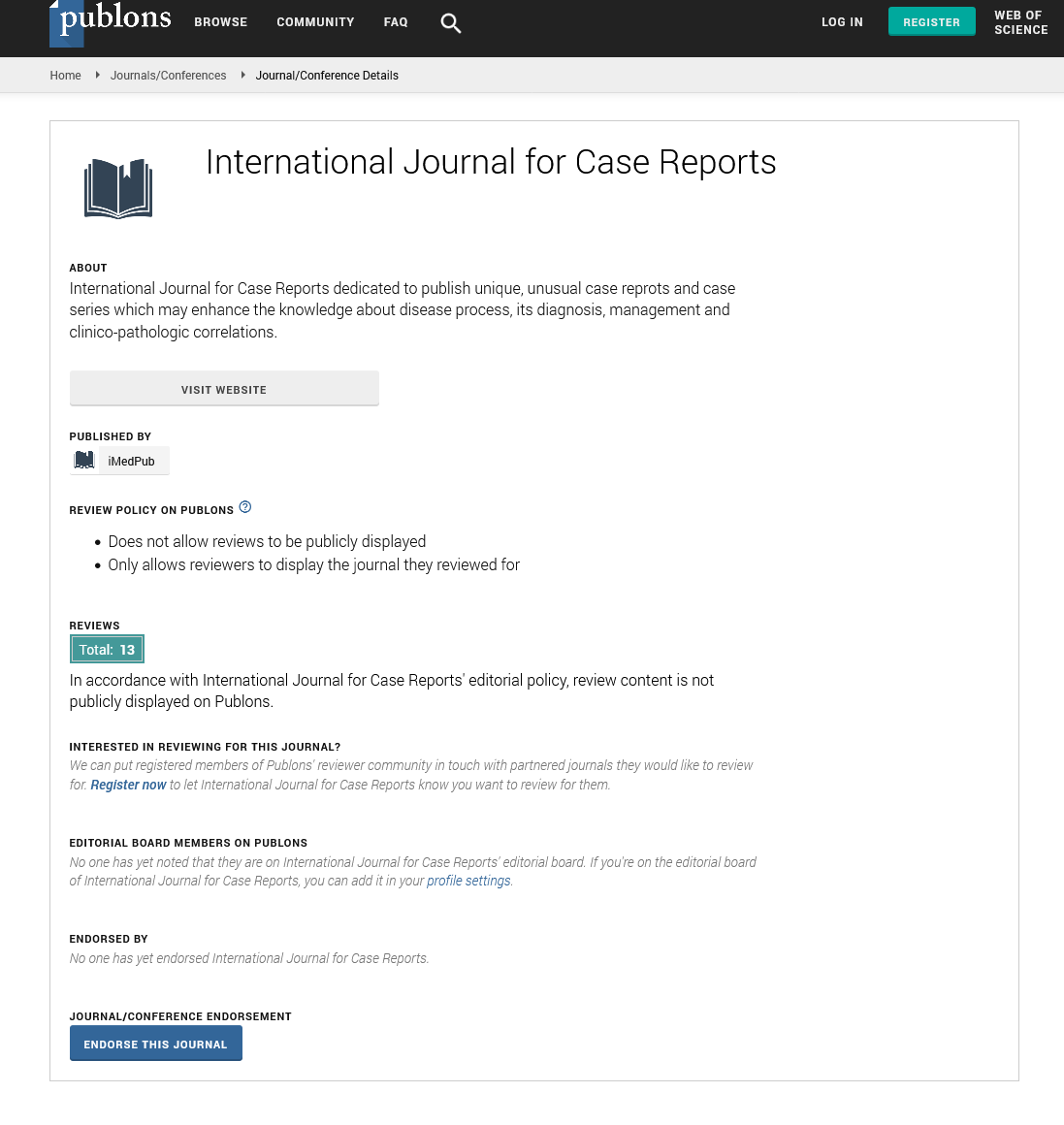Abstract
Prolidase deficiency in Children with an incidental finding of methaemoglobinaemia.
A 4-week-old infant presented to hospital with symptoms of diarrhea and vomiting. An initial diagnosis of cow’s milk allergy was made, and he was discharged with extensively hydrolysed formula. But he represented again, with worsening symptoms and metabolic acidosis. He was suspected to have sepsis and treated with intravenous antibiotics. However, he deteriorated further with worsening metabolic acidosis and lactate despite treatment. Methaemoglobinaemia was then identified, and he was treated with methylene blue. Further investigations’ results of imidopeptiduria and rapid exome sequencing confirmed diagnosis of Prolidase deficiency (PD). PD is a rare autosomal recessive genetic condition caused by mutations in PEPD gene, which codes for Prolidase, an enzyme involved in the final stage of the degradation of collagen and other proline containing proteins including dietary proteins. PD affects approximately 1 in 1 million worldwide. The symptoms of PD include dysmorphic features, skin lesions, recurrent infections, hepatosplenomegaly, and intellectual disability. In this case, the child had symptoms of diarrhoea likely secondary to PD. As the diarrhoea was persistent, he then developed methaemoglobinaemia as a result. Initial methaemoglobin was 48% which subsequently improved to 3% following methylene blue. Further investigations excluded Systemic Lupus Erythematosus and Crohn’s disease, which have been reported as associated with PD. His recovery was supported through parental nutrition and has now been discharged home with ongoing follow up with paediatric metabolic specialists. Management of PD is mainly supportive with consideration of co- factors that can improve collagen stability, suppression of collagenase and topical application of ointments containing L-proline. Enzyme replacement is also being actively researched.
Author(s): Chern Tan
Abstract | Full-Text | PDF
Share This Article
Google Scholar citation report
Citations : 22
International Journal for Case Reports received 22 citations as per Google Scholar report
International Journal for Case Reports peer review process verified at publons
Abstracted/Indexed in
- Google Scholar
- Publons
Open Access Journals
- Aquaculture & Veterinary Science
- Chemistry & Chemical Sciences
- Clinical Sciences
- Engineering
- General Science
- Genetics & Molecular Biology
- Health Care & Nursing
- Immunology & Microbiology
- Materials Science
- Mathematics & Physics
- Medical Sciences
- Neurology & Psychiatry
- Oncology & Cancer Science
- Pharmaceutical Sciences
